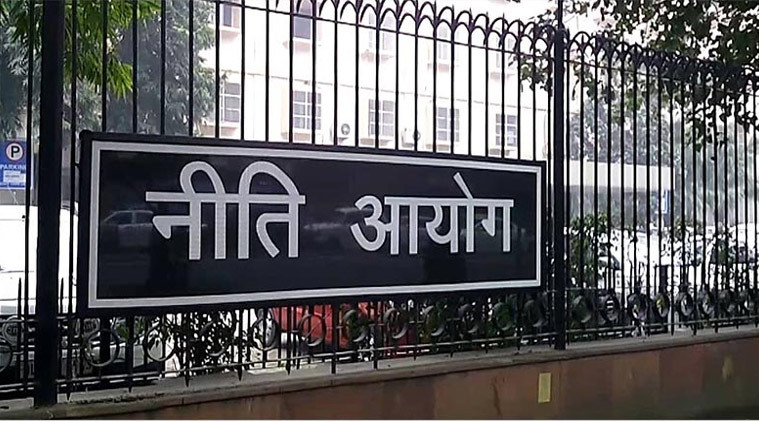When it comes to the most efficient management of resources, Gujarat is always on top. The administration of the state knows how best utilize its resources. In the recently released ranking of states on composite water management by NITI Aayog ,Gujarat came out as the best performing state. NITI (National Institution for Transforming India) Aayog, is a policy think tank of the Government of India, established with the aim to achieve Sustainable Development Goals and to enhance cooperative federalism by fostering the involvement of State Governments of India in the economic policy-making process using a bottom-up approach. It has ranked all states on the composite water management index comprising of nine parameters and 28 indicators, which includes various aspects of ground water, restoration of water bodies, irrigation, farm practices, drinking water, policy and governance. The second best performing state is Madhya Pradesh while Jharkhand, Haryana, Uttar Pradesh and Bihar are among worst performers.
Union Water Resources Minister Nitin Gadkari spoke about how the newly formed index will spur a healthy competition between states for better water management “This index will help build pressure on states who have not performed well to improve their water management techniques as this is directly linked to agriculture prosperity in different states.” In February, Niti Aayog released a report, ‘Healthy States, Progressive India’, ranking states and union territories in various health parameters which includes water management. This index is a step towards taking water management to a better level because the country is facing severe problems in this field. According to the NITI Aayog, “India is suffering from the worst water crisis in its history and millions of lives and livelihoods are under threat. Currently, 600 million Indians face high to extreme water stress and about two lakh people die every year due to inadequate access to safe water. It is estimated the crisis is going to get worse by 2030 when India’s water demand is projected to be twice the available supply.”
India receives high rainfall in comparison to other countries like Israel, South Korea etc. but water management is overall very poor in India. Countries like Israel which receive very little rainfall never face water scarcity thanks to their superb water management techniques. Water management technology is so developed in Israel that they are able to convert the salty sea water to drinking water. In our country, we face drought in some states while floods in others. The plan to connect the major rivers of India was proposed decades ago but it could not be materialized till now. On the other hand, China has been able to link its northern and southern rivers through canals which was a much more herculean task than connecting Indian rivers.
Water conservation in the country is facing policy paralysis due to ignorance from previous governments. Drinking water is a major problem in almost every Indian city because there is no efficient infrastructure for water delivery. Gallons of water gets wasted due to water management problems in our cities. Thousands of people suffer from life endangering diseases due to the consumption of untreated water. We see that in cities like Mumbai and Delhi, many people stand in queue for hours to get a few buckets of fresh water. According to a report by World Bank, “The fundamental constraint to India’s long-run growth is the scarcity of natural resources.” India aims to achieve double digit economic growth in future which is not possible without better conservation of natural resources like water, trees, fresh air etc, and Gujarat has set a fine example for the rest of the country.
The initiative by NITI Aayog to make a Composite Water management index will make states aware of where they stand performance-wise. The poorer performing states will be able to learn techniques for water management from better performing states like Gujarat and Madhya Pradesh. It will spur a healthy competition and therefore water management will see a paradigm shift in the upcoming decades.
